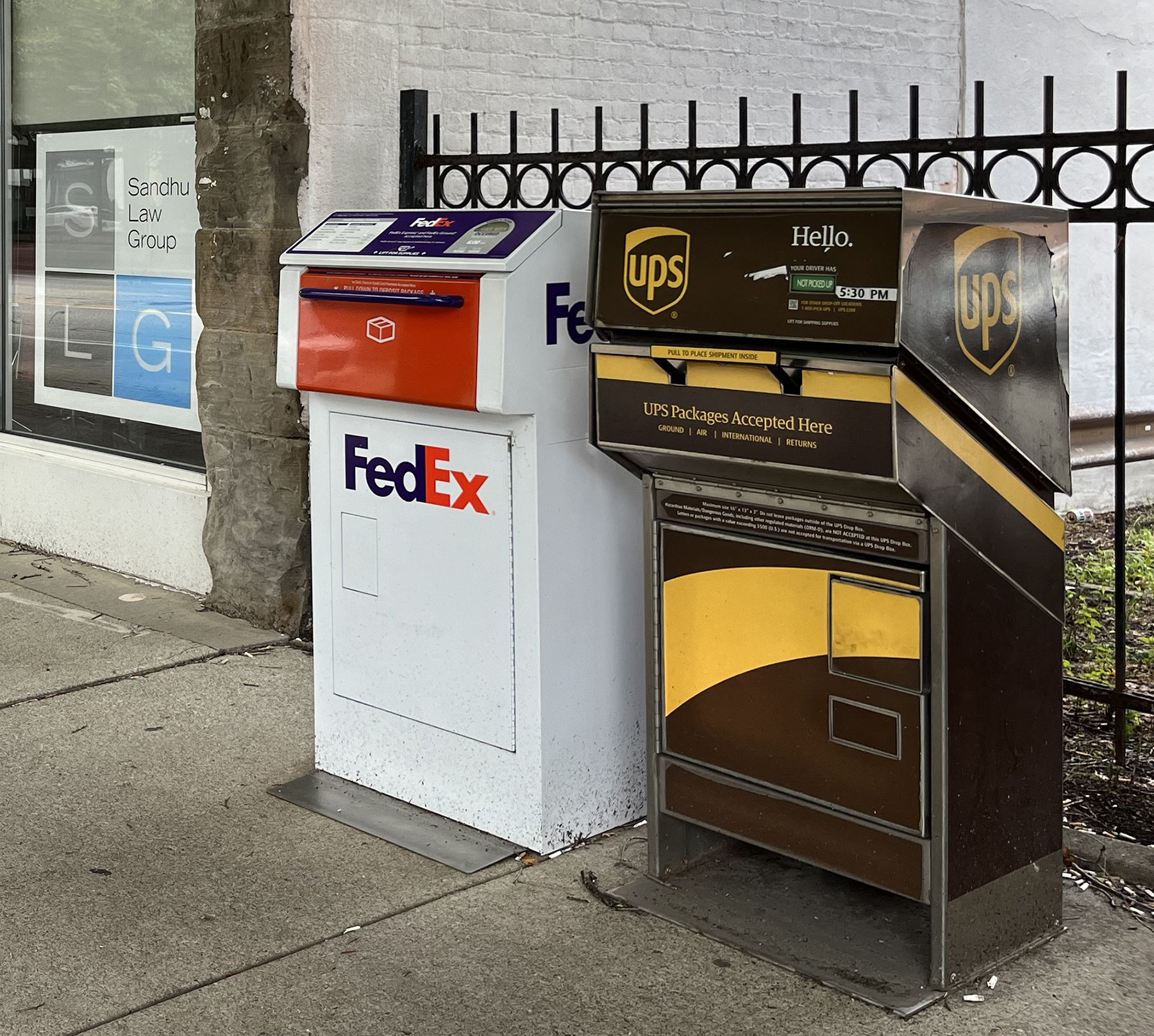Traditional logistics giants like UPS and FedEx have long operated under federal prohibitions that effectively bar them from handling cannabis shipments—despite growing legalization at state levels. We’ll explore how UPS and FedEx factor into the sector’s future—and what alternatives or shifts might arise.
Federal Law Still Drives Policy
Despite widespread legalization for both medical and adult-use across much of the U.S., cannabis remains illegal federally. That status binds private carriers firmly: FedEx and UPS explicitly prohibit shipping marijuana, including hemp-derived CBD products above legal THC thresholds—though hemp (≤ 0.3% THC) may be handled under strict conditions. FedEx states that customers cannot ship cannabis, THC, or marijuana-derived CBD via FedEx—even if it is legal in the origin or destination state. UPS similarly restricts marijuana, though it does accept hemp shipments that comply with laws.
No Quick Entry: What UPS and FedEx Could Do
Contractual & Private-Account Models
FedEx suggests limited exceptions—serving only contracted, enterprise cannabis accounts in Canada, not open to individuals. While it technically offers services like overnight and 2-Day Express, these are tightly controlled within Canadian domestic borders. In the U.S., there’s no equivalent arrangement currently in place.
Monitoring Regulatory Signals
Could UPS and FedEx adapt if cannabis is descheduled or fully legalized federally? The logistics giant relationship with USPS and federal freight—such as UPS’s USPS air-cargo partnership—mean they’d likely be ready to pivot. Still, any change would require federal policy overhaul and strict oversight frameworks.
Existing Cannabis-Specific Logistics Providers
In lieu of UPS and FedEx, dedicated third-party logistics (3PL) firms have emerged, operating entirely within legal and regulatory boundaries:
- Terpene Transit in Washington, founded in 2016, delivers with full state licensing, security-enhanced vehicles, GPS tracking, multi-route coverage, and optional warehousing aspirations.
- Many cannabis distributors offer last-mile delivery, integrated with IDs, chain-of-custody, temperature/stock-control, and route optimization—supplemented with drones, robots, and software platforms.
These providers fill voids by tailoring logistics specifically to cannabis regulations, handling everything from compliance documentation to seed-to-sale tracking.
Will National Carriers Join In?
For UPS or FedEx to meaningfully serve cannabis, three major shifts must occur:
- Federal repeal or rescheduling of cannabis (e.g. via legislation like SAFE Banking, decriminalization bills).
- Development of federal courier compliance rules, including secure packaging, ID verification, chain-of-custody protocols, and permissible interstate transport guidelines.
- Operational infrastructure ready for high-value, restricted goods, similar to how alcohol and firearms shipping is handled (contracted, licensed, account-based, with strict oversight).
While rumors regarding Amazon entering cannabis exist—and mention UPS/FedEx as potential shippers—nothing concrete has surfaced to suggest imminent participation.
Industry Perspectives & Implications
Short-term (1–3 years):
Cannabis logistics will continue relying on specialist operators. UPS and FedEx enforcement of existing policies ensures consistent blockage—particularly for high-THC flower, concentrates, or edibles. Hemp CBD is the only area with limited participation.
Mid-term (3–5 years):
If federal rescheduling happens, these carriers may explore pilot models, likely limited to commercial accounts. They’ll need to invest in compliance tooling (e.g. real-time tracking, secure seals, digital verification) and adapt their shipping matrices.
Long-term (5+ years):
Potential integration into national freight networks may occur—once cannabis demands scale and regulatory infrastructure matures. Given their capacity, UPS and FedEx could offer vast reach, efficiency, and standardized service once legal barriers are removed.

